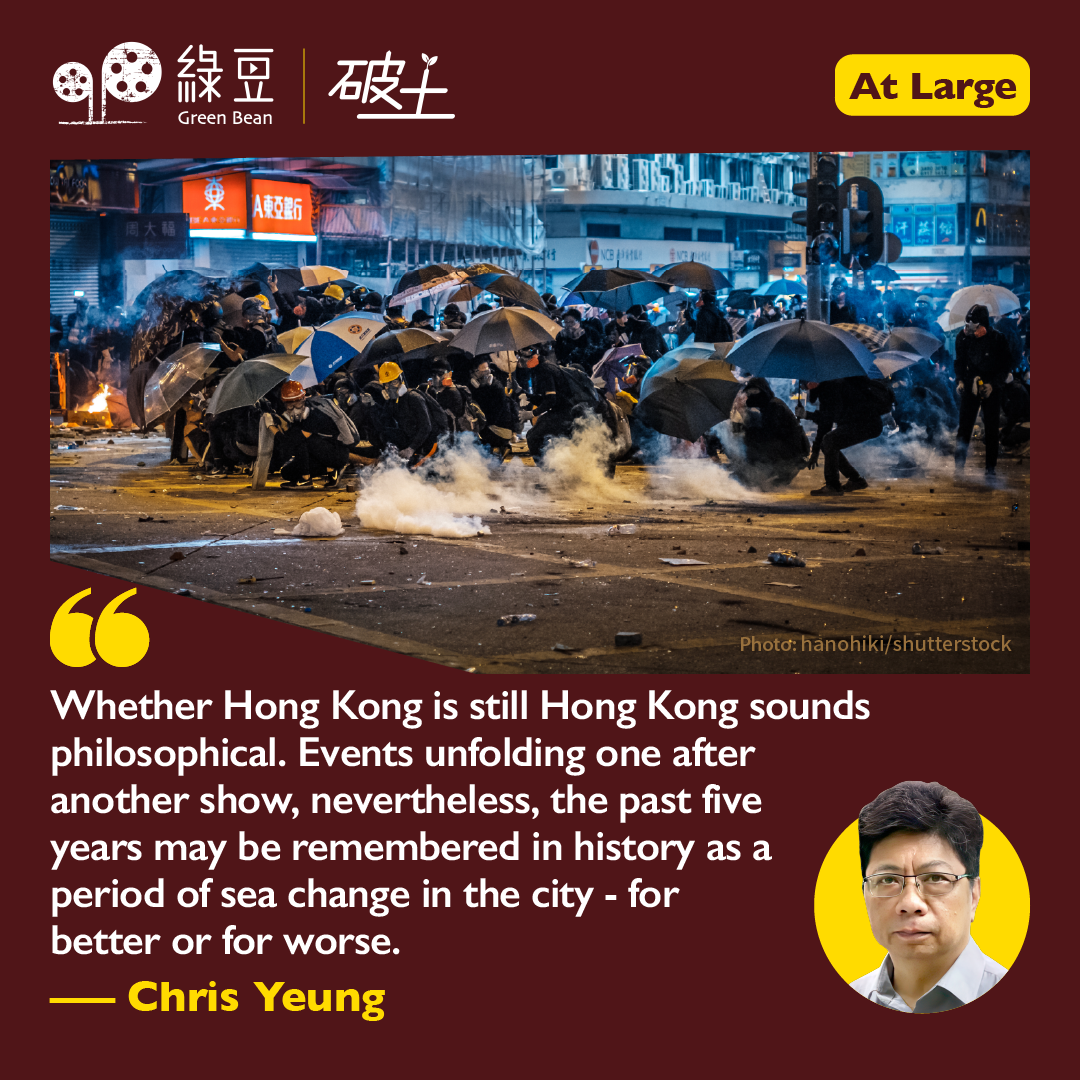Hong Kong is still Hong Kong, says Xia

China’s top official in charge of Hong Kong affairs Xia Baolong has called for the speeding up of Hong Kong’s move “from stability to prosperity” in a speech at a symposium in the city on last Saturday (21/6) marking the imminent fifth anniversary of its landmark national security law.
“Hong Kong has entered a new stage of development; it is at a critical phase of a new leap. Government and all sectors must better coordinate development and security,” said Xia, director of the State Council’s Hong Kong and Macau Affairs Office.
The twin tasks
The twin tasks of doubling efforts to revitalise the economy and safeguarding national security with no laxity have featured prominently in Xia’s five-day inspection and study tour to the city that ended on Sunday.
In his speech delivered at the Saturday symposium, Xia has underlined what went wrong since the handover that culminated in what he called the “colour revolution” in 2019. He recapped what the central authorities have done since then, highlighting the vital importance of the enactment of national security law, plus what the Hong Kong authorities and society should do in the future.
He spoke amid lingering concerns prevalent in different segments of the society, including the pro-establishment camp and foreign community, that an overkill of the task of countering threats to national security, have distracted attention, if not undercut efforts, on rebooting the economy.
Xia said: “Hong Kong must uphold (national) security and development unswervingly. (The purpose of) upholding national security is (to strive for) better development of Hong Kong. Let foreign investors have greater protection of their lawful rights and benefits.”
He called for concerted and concentrated efforts on boosting the economy, striving for development and creating new impetus for development, saying that would put Hong Kong’s development on a more secure foundation.
Refuting criticism that the implementation of national security law that covers offences including colluding with foreign forces would dampen ties with the international community, Xia argued the opposite is true. He said national security legislation would be conducive to upgrading the business environment.
Normal international exchanges, he said, do not contravene with the national security law. Deepening those exchanges, he added, would further enhance the city’s international competitiveness, thus further strengthening its uniqueness.
No signs of any lessening on national security
Loaded with a mix of tough talk, positive message and no-nonsense warning, Xia has sought to convey a message that the city is back on the right path but more should be done – in a faster pace and more effective manner.
Translated into day-to-day governance, it means no less efforts in frustrating threats to national security, including “soft resistance”, working even harder to revitalise the economy, fostering stronger ties with the international community and improving overall governance.
Read between the lines of Xia’s speech, there are no signs of any lessening of the efforts on the national security front while prioritising the imperatives of striving for development and growth as first thing first, at least as a public relations gesture.
Instead, upholding national security remains the most important task that has figured increasingly in all shades of life in the city. Cases are aplenty.
On the business front, Xia held a three-hour closed-door meeting with local tycoons and business leaders on Friday. According to media reports, there was no representative from CK Holdings at the discussion. The conglomerate, controlled by tycoon Li Ka-shing, has been accused of putting national security at risk by planning to sell all its ports assets to a US-led consortium.
On the culture front, minister in charge of culture, sports and tourism Rosanna Law said last week the government would be more vigilant in guarding against “soft resistance” when handling matters including use of government venues for activities and performances, exhibits in museums and collection of books in libraries.
On the education front, the Education Bureau issued a reminder to schools, urging teachers and students not to participate in the Independence Day activities held by the US Consulate to avoid a violation of the national security law.
On the livelihood front, the government has introduced new national security conditions for licences issued to restaurants and other food and entertainment-related businesses.
The list goes on.
In his speech, Xia said: “Hong Kong is still the original Hong Kong,”
one country, two systems has not changed.”
Whether Hong Kong is still Hong Kong sounds philosophical. Events unfolding one after another show, nevertheless, the past five years may be remembered in history as a period of sea change in the city – for better or for worse.
▌ [At Large] About the Author
Chris Yeung is a veteran journalist, a founder and chief writer of the now-disbanded CitizenNews; he now runs a daily news commentary channel on Youtube. He had formerly worked with the South China Morning Post and the Hong Kong Economic Journal.